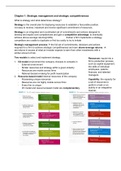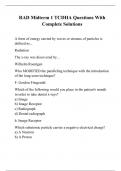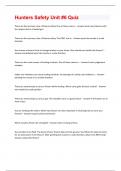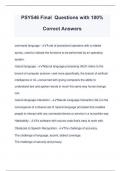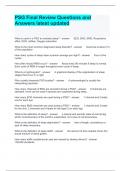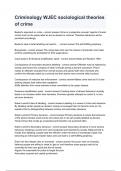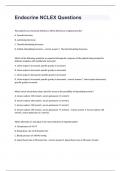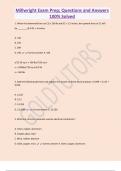Summary
Summary IEB Entire Visual Arts Theory Notes Grade 10-11!
- Course
- Visual Arts and Music
- Institution
- 11th Grade
IEB Visual Arts Theory Notes! Grade 10-11. Boost your Art marks with these top-notch IEB notes! Covering everything from realism, impressionism, post impressionism, cubism, Fauvism and German Expressionism. They include artists and artworks with detailed descriptions. They are perfect for Grad...
[Show more]




